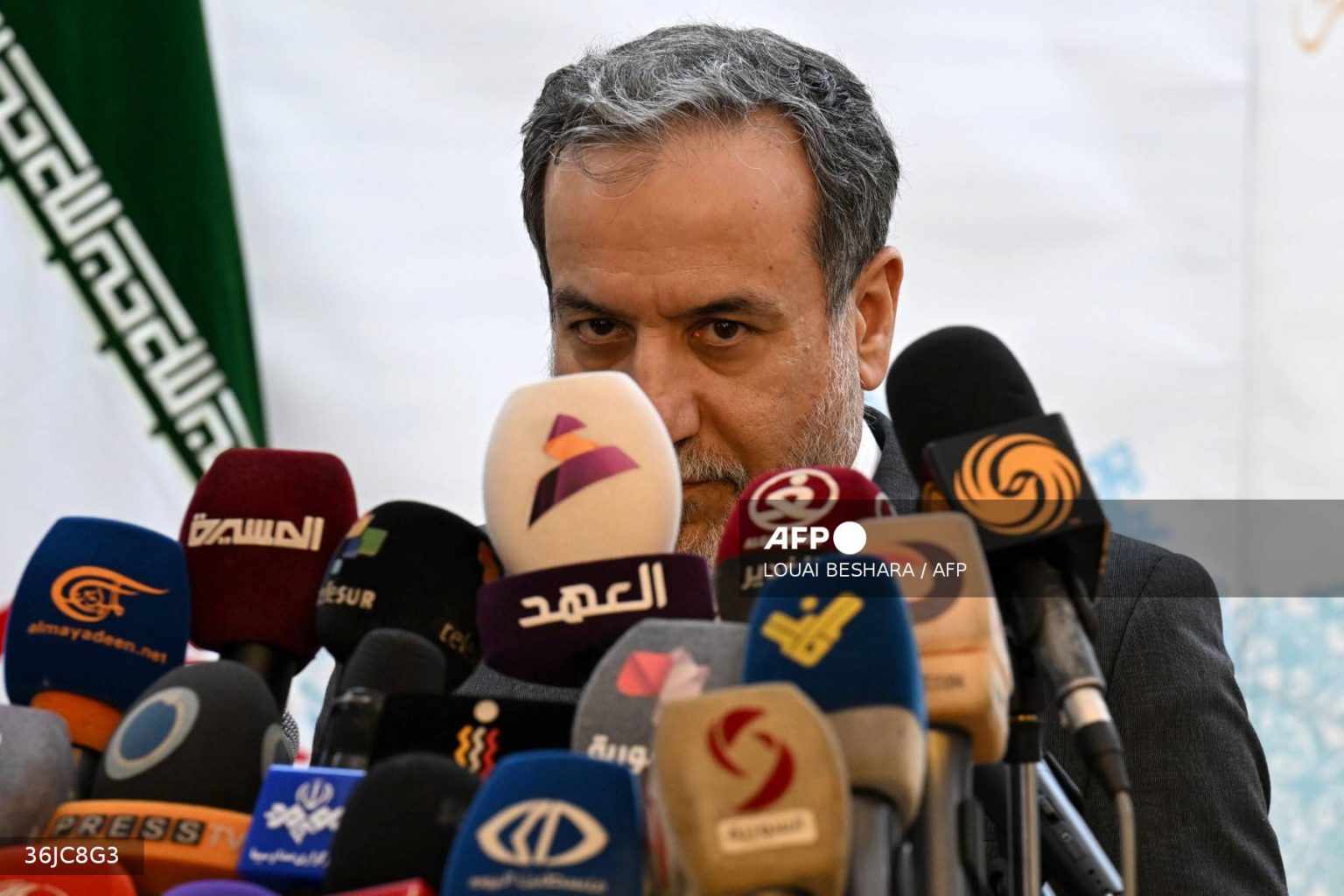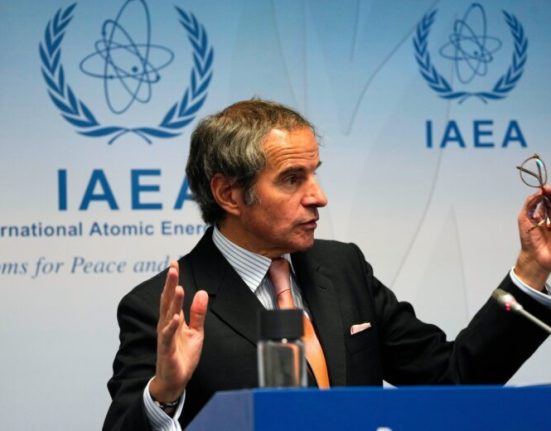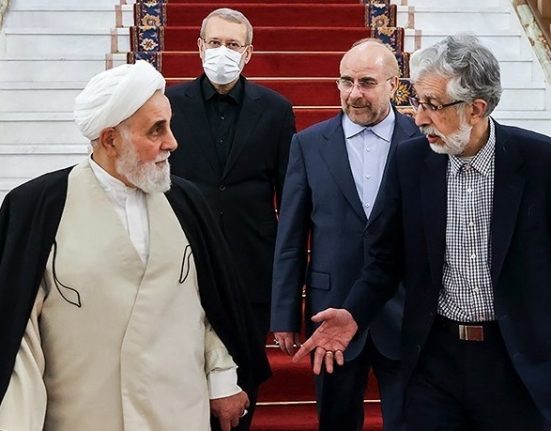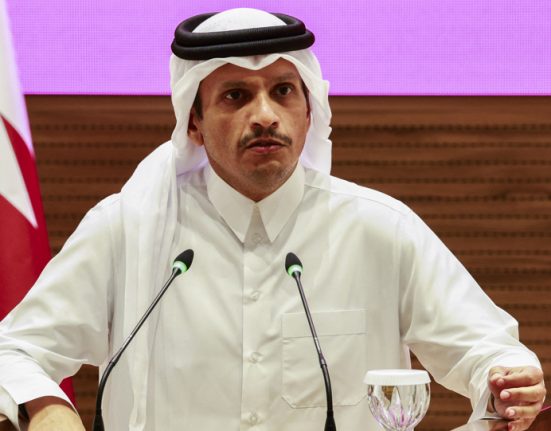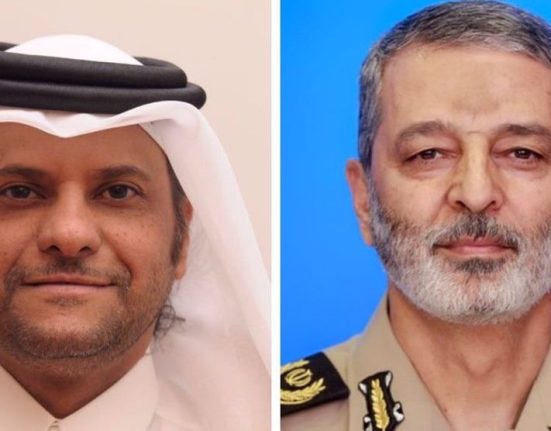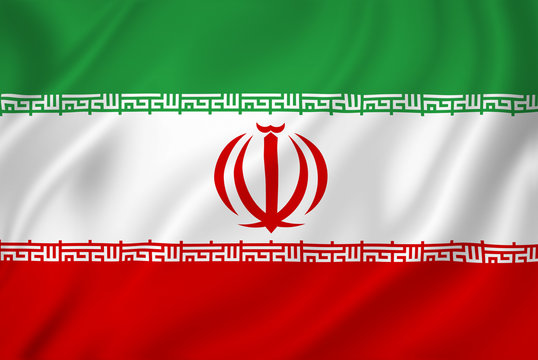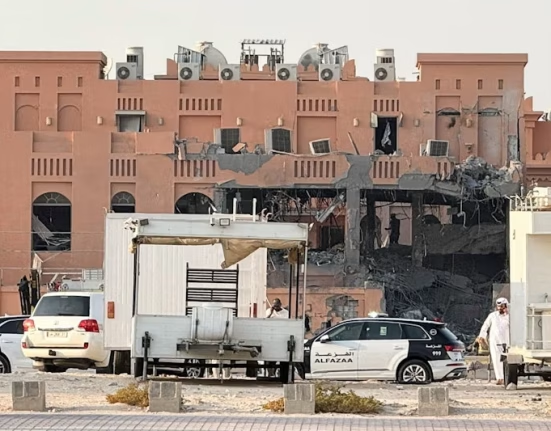Iran’s Foreign Minister, Abbas Araghchi, arrived in Istanbul on Saturday for a high-level diplomatic meeting with foreign ministers from member states of the Organisation of Islamic Cooperation (OIC), as tensions between Iran and Israel continue to spiral into open warfare. His visit comes amid renewed global efforts to de-escalate what is fast becoming one of the most dangerous military confrontations in the Middle East in recent decades.
According to Iranian state-linked outlet, Tasnim News Agency, Araghchi touched down in the Turkish city earlier in the day to join the emergency gathering, which is expected to bring together around 40 foreign diplomats, primarily from Arab and Islamic nations. The meeting, hosted under the umbrella of the OIC, is aimed at formulating a coordinated response to Israel’s recent military operations against Iran.
Speaking ahead of the summit, Araghchi reaffirmed Tehran’s demand that Israel halt what he described as “aggressive military actions” before any renewed diplomatic engagement could be considered. He was quoted by Tasnim as saying, “At the suggestion of Iran, the issue of the Zionist regime’s attack on our country will be specifically addressed.” This statement underscores Iran’s growing resolve to internationalize its grievances against Israel, particularly in forums sympathetic to the Palestinian cause.
This latest diplomatic push follows an earlier meeting held in Geneva on Friday, where Araghchi met with top envoys from Britain, France, and Germany to discuss the rapidly deteriorating situation. The discussions, though reportedly tense, reflect the broader concern among world powers over the possibility of the conflict expanding beyond Israel and Iran’s borders.
Tensions reached a boiling point on June 13, when Israel launched a full-scale military campaign, Operation Rising Lion, claiming credible intelligence that Iran was on the verge of completing key stages of a nuclear weapons program. The assault, which included airstrikes on Iranian nuclear and military infrastructure, drew an immediate and ferocious response from Tehran. Iran retaliated with over 100 ballistic missiles targeting major Israeli cities, including Tel Aviv, triggering widespread devastation and pushing both nations to the brink of war.
Iran’s position, as reiterated by its foreign minister, remains firm: diplomacy can only resume once Israeli hostilities are halted. “Tehran is open to diplomatic efforts,” Araghchi said, “but only if the aggression against our country comes to an end.”
As the OIC meeting continues in Istanbul, expectations are high that member states will issue a joint communique condemning the violence and calling for a ceasefire. Turkish state media, Anadolu Agency, confirmed that Arab League ministers and other OIC representatives are working on a final statement that may include calls for international mediation, humanitarian aid access, and protection of civilians.
The geopolitical stakes of this conflict remain high, with analysts warning that a prolonged war could destabilize the entire region, drag in external powers, and inflame long-standing religious and political tensions. For now, the world watches Istanbul closely, hoping that diplomacy can succeed where weapons have failed.

